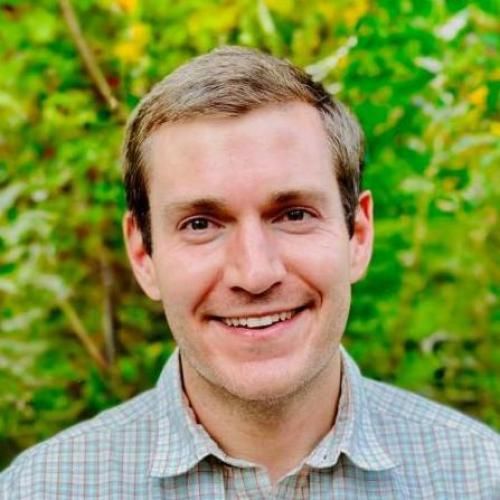
Refining Citizen Climate Science: Addressing Preferential Sampling for Improved Estimates of Urban Heat
Studies of urban heat are often limited by their ability to measure air temperature; data are collected either at a few locations over time or at many locations at one point in time. Citizen science approaches to observing temperature provide a way to overcome these limitations, by capturing data over long time scales, at many locations. However, citizen scientists are more likely to be wealthier, making certain neighborhoods better observed than others. Because urban heat islands are more prevalent in poorer neighborhoods, heat extremes are less likely to be observed by citizen scientists. In spatial statistics, this is known as preferential sampling. When we adjust citizen science data for this effect, we obtain results that better agree with NOAA’s urban heat island data, which are not preferentially sampled. Using this adjustment, estimates of the July 2021 average evening temperature are almost 1 °C warmer in unobserved neighborhoods in Durham, North Carolina, than if they were not adjusted. We demonstrate that adjusted citizen science data allow for better characterization of heat risk at any time of interest and may be used for almost any neighborhood in the United States.
Duke Scholars
Published In
DOI
EISSN
Publication Date
Volume
Issue
Start / End Page
Related Subject Headings
- 4105 Pollution and contamination
- 4004 Chemical engineering
- 1002 Environmental Biotechnology
- 0907 Environmental Engineering
- 0502 Environmental Science and Management
Citation

Published In
DOI
EISSN
Publication Date
Volume
Issue
Start / End Page
Related Subject Headings
- 4105 Pollution and contamination
- 4004 Chemical engineering
- 1002 Environmental Biotechnology
- 0907 Environmental Engineering
- 0502 Environmental Science and Management



